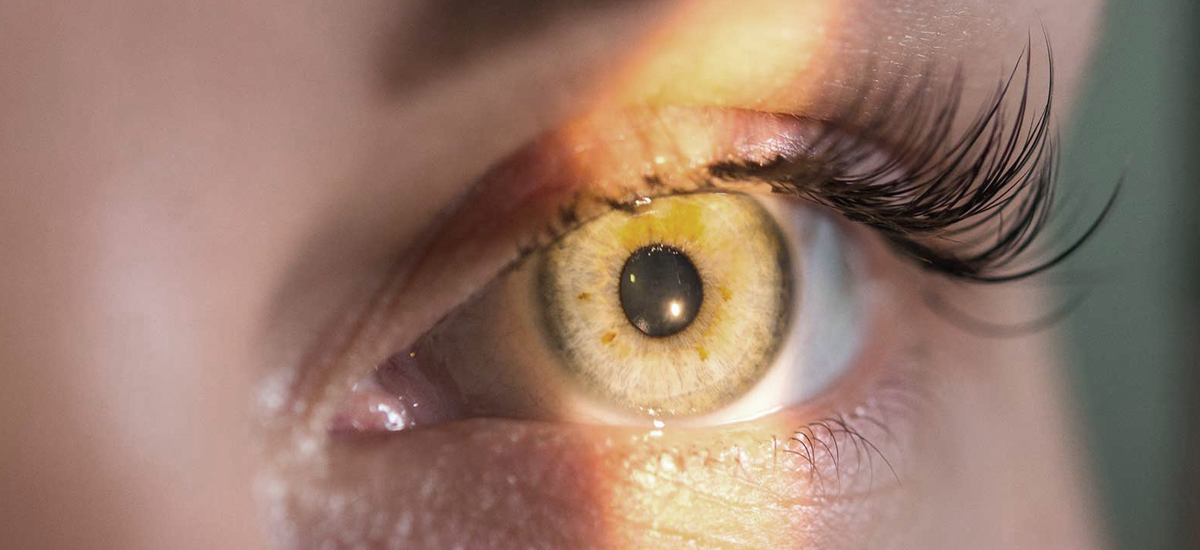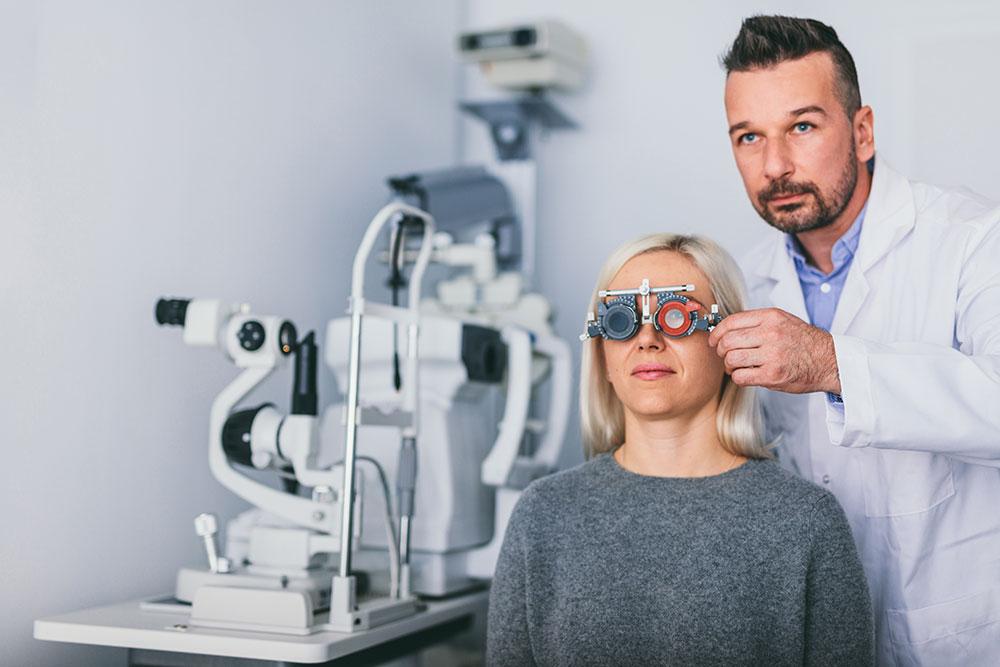What Causes Astigmatism to Worsen?

For the most part, astigmatism stays the same or changes gradually from one eye appointment to the next. But like other eye issues, your vision can change with time--and sometimes for no obvious reason.
What causes astigmatism to worsen? It depends on you and your eyes. Your astigmatism symptoms may be more severe if you have other refractive issues or if you have keratoconus. The length of time you’ve had astigmatism also plays a role in your condition’s progression.
The most effective way to find out why your astigmatism is changing (or appears to be changing) is to schedule a comprehensive eye exam with an Independent Doctor of Optometry. We recommend them every year for adults and children over age 6 to mitigate any vision issues or other eye health problems.
Have questions about astigmatism? Contact your nearest optical store today to speak with an optometrist.
To keep tabs on your astigmatism symptoms and prescription, we recommend having regular eye doctor appointments. Your optometrist will investigate any signs of progression to ensure you get the right treatment when you need it.
At first, your astigmatism might be minor, but over time, it can develop. What causes astigmatism to worsen? Let’s discuss.
What causes astigmatism to worsen?
There are many things to consider regarding what causes astigmatism to worsen. Your eye doctor will look at how long you’ve had astigmatism and whether you have additional refractive errors, such as farsightedness, nearsightedness, or presbyopia.
Sometimes, astigmatism can get worse over time for no apparent reason. Other times, it may feel like your astigmatism is worse when you might have another eye issue.
For instance, keratoconus, an uncommon eye condition caused by a narrow, pyramid-shaped cornea, can contribute to severe astigmatism. The irregular design of your cornea can disrupt your eyes’ ability to concentrate light on the retina, which can lead to blurry vision.
In some instances, the cornea can expand, which can make it even harder to see. It can also cause abrupt changes in your eyesight. (Consult your optometrist right away if you experience any eye pain or suspect you have keratoconus. An eye exam may be necessary.)
If you have severe astigmatism or keratoconus, your optometrist may recommend multiple treatment options, including corrective eyewear. Rigid gas-permeable contact lenses are an excellent choice for keratoconus, and they offer benefits for people with astigmatism, too. They’re also available in a toric design for the ultimate astigmatism treatment.
How will the eye doctor test for astigmatism progression?
Your eye exam will start like most, with a quick discussion about your vision concerns and a vision test with an age-appropriate eye chart. The eye doctor may also use a keratometer or corneal topography to get a closer look at your cornea, including how it curves.
Using various lenses, the optometrist may look into how your eyes take in light, too. If they notice anything different about your vision since your last appointment, they’ll be sure to run additional tests and let you know about any necessary changes in your astigmatism prescription.
But don’t worry. None of the tests are painful, and our eye doctors are happy to answer any questions you have about what to expect. Their focus is on figuring out how to correct your astigmatism with the right eyewear, whether that’s glasses or contact lenses, and your comfort is just as important to them.
For the most efficient eye appointment, we recommend having a list of your symptoms on hand, along with dates of when you started noticing them. We’ll do our best to determine the cause of your issues and help you get the best treatment.

Summary: Can astigmatism get worse suddenly?
For the most part, astigmatism stays the same or changes gradually from one eye appointment to the next. But like other eye issues, your vision can change with time--and sometimes for no obvious reason.
What causes astigmatism to worsen? It depends on you and your eyes. Your astigmatism symptoms may be more severe if you have other refractive issues or if you have keratoconus. The length of time you’ve had astigmatism also plays a role in your condition’s progression.
The most effective way to find out why your astigmatism is changing (or appears to be changing) is to schedule a comprehensive eye exam with an Independent Doctor of Optometry. We recommend them every year for adults and children over age 6 to mitigate any vision issues or other eye health problems.
Book your eye exam at For Eyes
Have you had your annual comprehensive eye exam? Schedule an appointment with an Independent Doctor of Optometry at your local For Eyes.











